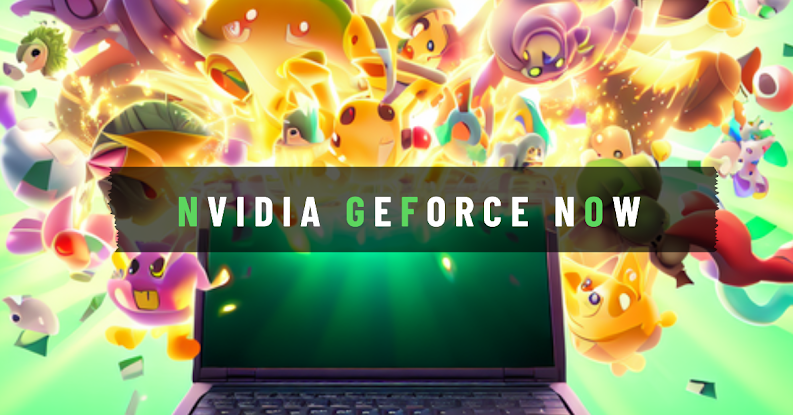Queer Gaming Communities: Creating safe and inclusive spaces
The gaming industry needs more inclusivity and representation of queer identities. As a queer gamer, I want to see more nuanced and accurate portrayals of queer experiences in games. In this article, we will discuss why queer inclusion matters, what challenges exist, and how to achieve better representation in the gaming industry. Let's explore this quest together.
Queering the Pixelated World
One way that the gaming industry can improve representation is by acknowledging and incorporating intersectionality. Intersectionality is the idea that individuals hold multiple identities that interact with each other and that social issues cannot be addressed solely through the lens of one essence. In gaming, this means considering how queer identities intersect with different identities such as race, ethnicity, ability, and gender.
To address intersectionality in gaming, we must first acknowledge the lack of representation of marginalized identities in the industry. Queer characters are often relegated to supporting roles or reduced to stereotypical caricatures that do not accurately reflect the diversity of queer experiences. By actively seeking out and amplifying marginalized voices, game developers can begin to create games that accurately represent the intersectionality of queer identities.
Leveling Up Diversity
In addition to representation, the gaming industry must address the toxic culture that often pervades online gaming spaces. Queer individuals are often subjected to harassment and discrimination in these spaces, making it difficult to fully engage with the gaming community. Game developers and gaming companies must actively create safer spaces for queer individuals, whether by implementing stricter moderation policies or promoting inclusive societies.
Banishing the Bosses of Discrimination
Another way to incorporate intersectionality in gaming is by examining the power dynamics at play within the industry itself. Most game developers and executives are cisgender, heterosexual, and white, which can lead to a lack of understanding and empathy toward marginalized identities. By actively seeking out and hiring individuals from diverse backgrounds, gaming companies can begin to address the power imbalances within the industry.
Queer Developers Unite
Furthermore, we must also consider how gaming intersects with other forms of media. Video games are often adapted into films and television shows, which can further perpetuate harmful stereotypes and misrepresentations of queer identities. By promoting and supporting diverse creators across all forms of media, we can create a more nuanced and accurate representation of queer experiences.
Beyond the Console
Ultimately, addressing intersectionality in gaming is not just about representation but also about creating a more inclusive and equitable community for all gamers. By actively seeking out and amplifying marginalized voices, creating safer spaces, addressing power imbalances within the industry, and promoting diversity across all forms of media, we can begin to create a gaming industry that genuinely celebrates the intersectionality of queer identities.




Comments
Post a Comment
Connect with House Anomaly, we are always open to collaboration or critiques on how we can do better.